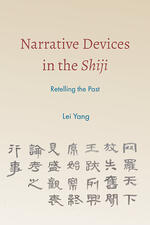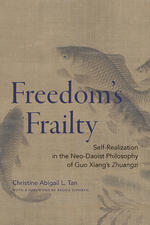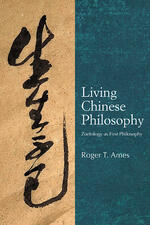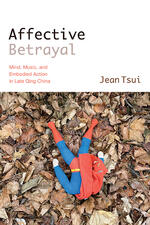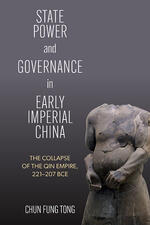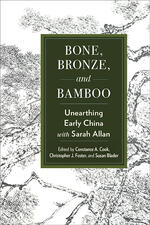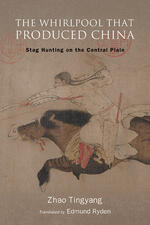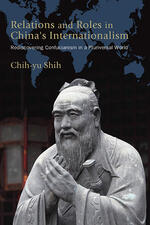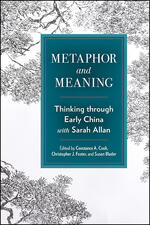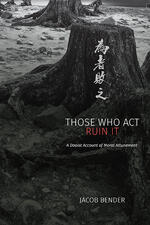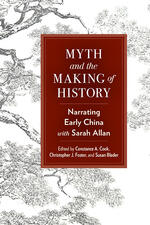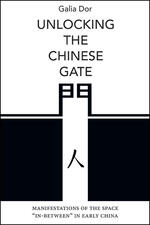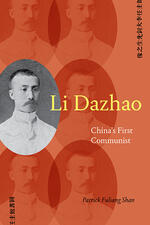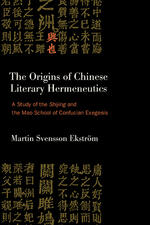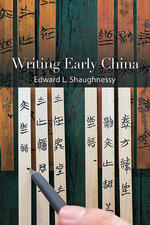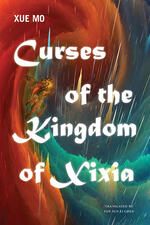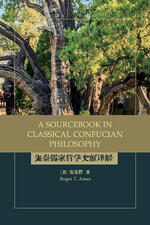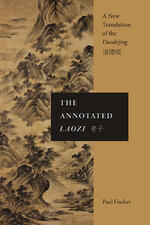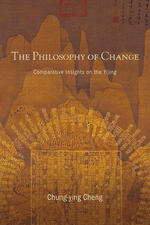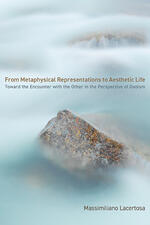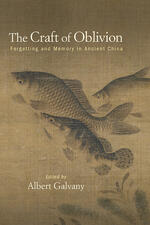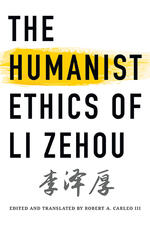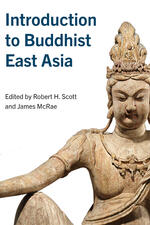Chinese Religion and Philosophy
Celestial Signs and Classical Rhetoric in Early Imperial China
Considers how sign-reading fit into broader understandings of the human and cosmic worlds in Han times.
Narrative Devices in the Shiji
Provides a new model for reading the Shiji and other early Chinese historical texts.
Freedom's Frailty
Draws on Guo Xiang's commentary on the Zhuangzi to construct an account of freedom that is both metaphysical and political.
Living Chinese Philosophy
Contrasts classical Greek ontology ("the science of being in itself") with Confucian "zoetology" ("the art of living").
Affective Betrayal
Seeks to introduce an "affective turn" to the study of China's political modernization process.
State Power and Governance in Early Imperial China
Offers a new perspective on the first dynasty of imperial China and the reasons for its collapse.
Bone, Bronze, and Bamboo
Explores how the tremendous wealth of newly unearthed artifacts and manuscripts have changed our understanding of China's past.
The Whirlpool That Produced China
Provides a philosophical, cultural, and historical answer to the question: Where did China come from?
Relations and Roles in China's Internationalism
Creative exploration of how the encounter between Confucianism and western (neo)liberalism necessarily leads to the unlearning of both.
Metaphor and Meaning
Examines questions of cosmos, society, and self through the metaphors and language of ancient Chinese texts and artifacts.
Those Who Act Ruin It
Presents an iconoclastic account of morality and moral discourse from the perspective of Daoist philosophy.
Myth and the Making of History
Sheds new light on the relationship between myth and history in ancient China and the central role they have played in shaping early Chinese thought.
Unlocking the Chinese Gate
Offers an innovative analysis of gates—as architectural components, visual images, and mental constructs—in early Chinese thought and material culture.
Li Dazhao
Biography of a major figure in modern Chinese history.
The Origins of Chinese Literary Hermeneutics
Explores how China’s oldest poetry collection was interpreted in a Confucian exegetical text—the Mao Commentary—in the mid-second century BCE.
Confucian Iconoclasm
Challenges deep-seated assumptions about the traditionalist nature of Confucianism by providing a new interpretation of the emergence of modern Confucianism in Republican China.
Writing Early China
Considers what unearthed documents reveal about the creation and transmission of knowledge in ancient China.
Curses of the Kingdom of Xixia
Reality merges with illusion in this novel of northwestern China.
A Sourcebook in Classical Confucian Philosophy
Applies a method of comparative cultural hermeneutics to let the tradition speak on its own terms.
The Annotated Laozi
A clear translation and helpful explanations illuminate this ancient classic of self-cultivation for a modern audience.
The Philosophy of Change
An analysis of the philosophy of the Yijing in comparison to modern Western philosophies.
From Metaphysical Representations to Aesthetic Life
Reevaluates Western and Chinese philosophical traditions to question the boundaries of entrenched conceptual frameworks.
The Craft of Oblivion
Examines the intersections between forgetting and remembering in classical Chinese civilization.
The Humanist Ethics of Li Zehou
Presents Li Zehou's culminating views on ethics in a series of works that highlight the importance of Confucian philosophy today.
Introduction to Buddhist East Asia
Offers a variety of pedagogical and theoretical essays designed to assist professors in introducing undergraduate students to Buddhism in China, Korea, and Japan.

